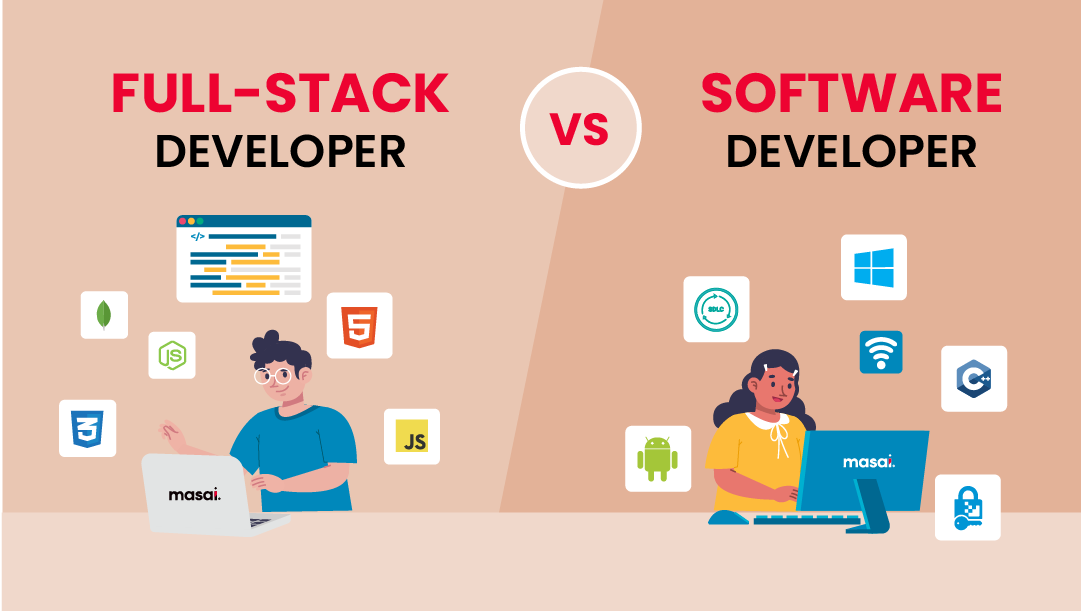Hire Dedicated Developers to Accelerate Your Software Development Timeline
Hire Dedicated Developers to Accelerate Your Software Development Timeline
Blog Article
Devoted Developers vs. In-House Teams: Which Is Right for You?
The decision between utilizing committed designers and preserving an in-house team is a considerable one that can affect the trajectory of your jobs and total business approach. Dedicated developers offer a degree of versatility and customized competence that can be helpful for certain, temporary campaigns. Alternatively, internal groups add to a natural business culture and a nuanced understanding of long-lasting goals. By taking a look at important variables such as spending plan, job extent, and desired control, you can better identify which approach aligns with your business requirements. The effects of this option prolong past immediate end results-- consider the wider effect on your organization landscape.
Understanding Devoted Developers
The expanding demand for specialized abilities in the tech sector has actually brought about the development of dedicated designers as a viable remedy for many companies. These professionals are commonly acquired on a task basis, allowing business to leverage certain knowledge without the lasting dedication connected with permanent hires. Committed developers are often embedded within a customer's team, giving flexibility and scalability to satisfy project demands.
This version allows organizations to access an international talent pool, which is especially useful in a rapidly developing technical landscape. Committed developers can be sourced from different geographical places, making certain that companies can find the best ability at affordable prices. They often bring a wealth of experience and knowledge, having serviced diverse projects throughout various sectors.
Moreover, dedicated developers can focus solely on the tasks available, improving efficiency and effectiveness. They are furnished to incorporate effortlessly right into existing process, teaming up very closely with internal teams to accomplish task objectives. This approach not only decreases the problem of employment and training however likewise enables organizations to remain agile, adjusting promptly to transforming market needs and technological developments.
Advantages of In-House Teams

Furthermore, in-house teams have a tendency to have a deeper understanding of the company's objective, worths, and goals. This positioning can enhance worker involvement and motivation, as employee feel a lot more connected to their work and the company's success. In addition, having a devoted internal team permits much better placement of purposes and strategies, as these members are continually concentrated on the company's concerns.
In-house teams also help with quicker decision-making processes, as they can respond extra rapidly to difficulties and adjustments. The established relationships and familiarity with business procedures permit structured process and lowered miscommunication. website link Inevitably, the mix of a natural society, alignment with business objectives, and efficient interaction makes internal teams a beneficial possession for many companies, especially those seeking to grow lasting development and advancement.
Price Factors To Consider
When reviewing price factors to consider, both in-house groups and specialized designers present distinct economic ramifications for organizations. Engaging dedicated designers commonly includes a pay-per-project or hourly rate version, which can be cost-efficient for services with varying project needs. This technique permits adaptability in scaling sources up or down, guaranteeing that firms just pay for the solutions they need.
On the other hand, in-house groups involve dealt with prices, including wages, benefits, and overhead expenses such as office and tools. While this design offers better control and instant schedule of resources, it might result in greater long-lasting expenditures, particularly if the work does not justify a permanent staff.
In addition, business must my response consider the covert prices connected with recruitment and training of internal staff members, which can further strain budget plans. Sometimes, the time and resources spent on handling an internal group can detract from the organization's core service purposes.

Task Administration and Versatility
Task management and flexibility are essential aspects that influence the option between devoted developers and internal groups. Devoted teams frequently have actually developed processes for managing projects efficiently, leveraging certain methods like Agile or Scrum, which assist in repetitive progression and versatility.

Eventually, the selection in between specialized developers and internal teams depends upon the wanted degree of flexibility and the details job management needs. Companies must examine their operational characteristics, project intricacy, and resource schedule to identify which alternative lines up ideal with their tactical purposes.
Making the Right Choice
Choosing the ideal advancement technique-- committed developers or in-house groups-- calls for a mindful analysis of numerous variables that straighten with a firm's strategic goals. Conversely, in-house teams can provide better continuity and integration with existing personnel.
Next, evaluate your spending plan. Committed programmers often offer an affordable service for short-term projects, while internal teams might sustain higher long-term expenses as a result of wages, advantages, and overhead costs. Analyze the degree of control and partnership preferred; in-house groups commonly cultivate stronger communication and placement with business culture.
If prompt results are needed, dedicated designers can be onboarded swiftly, whereas building an in-house group takes time for employment and training. If continuous advancement is crucial, spending in an in-house team might produce better returns over time.
Final Thought
In conclusion, the choice in between dedicated designers and internal groups pivots on job requirements and business goals. Conversely, in-house groups cultivate a cohesive society and deeper placement with long-lasting goals.
The choice between making use of devoted programmers and preserving an in-house team is a significant one that can influence the trajectory of your projects and total company strategy.Job management and versatility are crucial variables that influence the selection in between specialized developers and internal groups. software development staff augmentation.In contrast, internal groups may stand out in keeping a consistent job monitoring framework due to their experience with the company's society and long-lasting objectives. Committed developers usually present an affordable service for short-term jobs, while internal groups may incur greater lasting expenditures due to salaries, benefits, and overhead expenses.In verdict, the choice in between internal teams and specialized programmers pivots on task demands and business purposes
Report this page